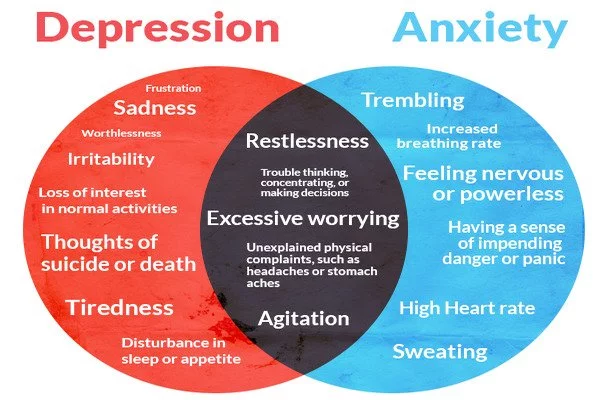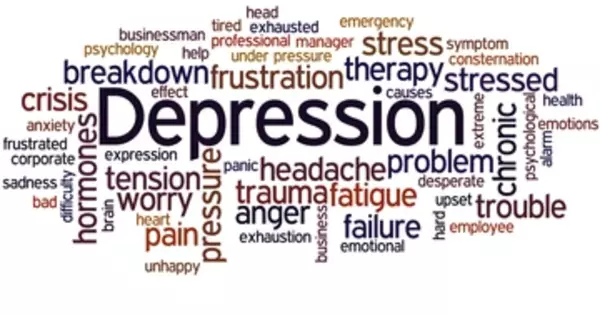The potential link between higher education and mental health concerns such as depression and anxiety has been studied and debated. While gaining a higher education can open up new doors and is generally connected with enhanced professional prospects and personal growth, it can also lead to increased stress and emotional pressure, which can contribute to mental health issues in some people.
Young people in higher education in England have a slightly higher risk of depression and anxiety than their counterparts who do not attend higher education, according to a new study headed by UCL academics.
The study, published in The Lancet Public Health, is the first to show that higher education students have higher levels of depression and anxiety than their peers. The authors discovered that by the age of 25, the gap between graduates and non-graduates had vanished.
“In recent years in the UK we have seen an increase in mental health problems among young people, so there has been an increased focus on how to support students,” stated lead author Dr Gemma Lewis (UCL Psychiatry). We discovered troubling evidence suggesting students may be at a higher risk of sadness and anxiety than their counterparts of the same age who do not attend college.
The first couple of years of higher education are a crucial time for development, so if we could improve the mental health of young people during this time it could have long-term benefits for their health and well-being, as well as for their educational achievement and longer-term success.
Dr Gemma Lewis
“The first couple of years of higher education are a crucial time for development, so if we could improve the mental health of young people during this time it could have long-term benefits for their health and wellbeing, as well as for their educational achievement and longer-term success.”
Data from the Longitudinal Studies of Young People in England (LSYPE1 and LSYPE2) were used by the researchers. The first study comprised 4,832 young individuals born in 1989-1990 and aged 18-19 in 2007-9. The second study comprised 6,128 participants born in 1998-99 and aged 18-19 in 2016-18 (prior to the COVID-19 pandemic’s disruption). In both trials, slightly more than half of the participants went on to higher education.
Participants in the studies answered surveys about their overall mental health in order to explore symptoms of depression, anxiety, and social dysfunction over time.

The researchers discovered a minor difference in symptoms of sadness and anxiety between students (including those attending university and other higher education institutions) and non-students at the age of 18-19. After controlling for potentially confounding characteristics including as socioeconomic position, parental education, and alcohol usage, this link remained.
According to the data, if the potential mental health dangers of higher education were abolished, the incidence of depression and anxiety among those aged 18-19 might be lowered by 6%.
First author Dr Tayla McCloud (UCL Psychiatry) said: “Based on our findings, we cannot say why students might be more at risk of depression and anxiety than their peers, but it could be related to academic or financial pressure. This increased risk among students has not been found in studies in the past, so if the association has only recently emerged, it may be related to increased financial pressures and worries about achieving high results in the wider economic and social context.
“We would have expected higher education students to have better mental health than their non-student peers because, on average, they come from more privileged backgrounds, so these findings are particularly troubling. More research is needed to understand the mental health hazards that kids face.”
“Improving our understanding of modifiable risk factors for depression and anxiety is a global health priority, and it is clear that supporting the mental health of our young people is vitally important.”





